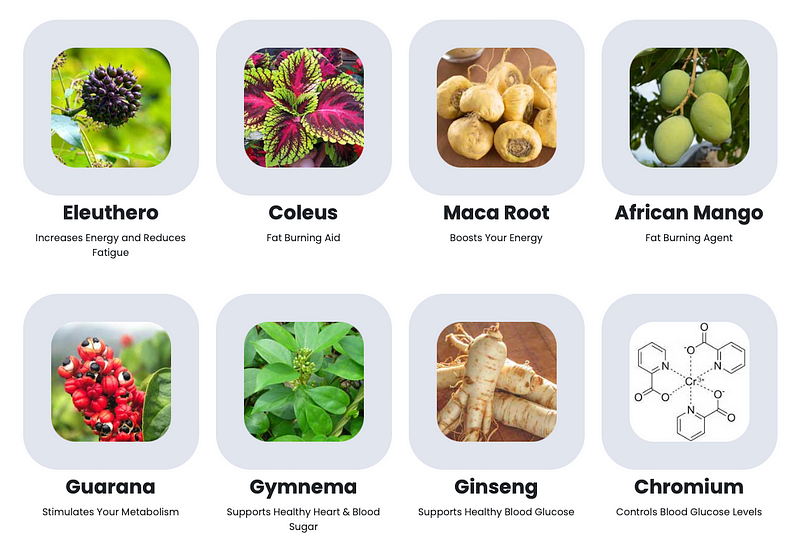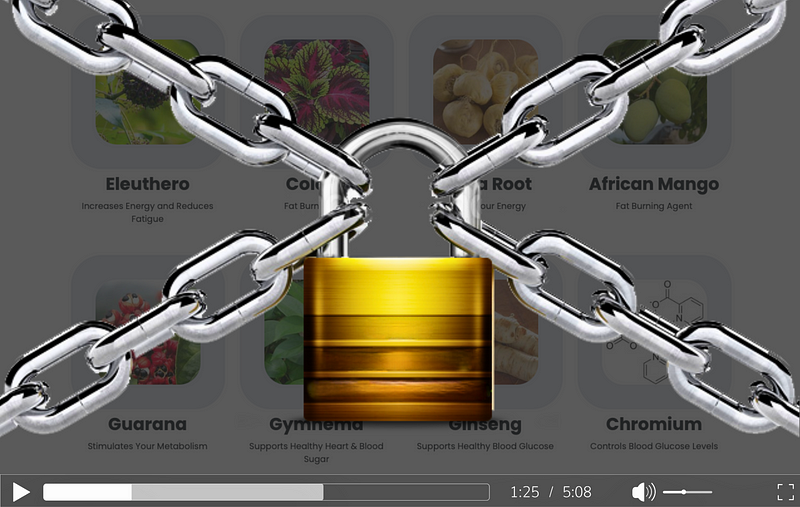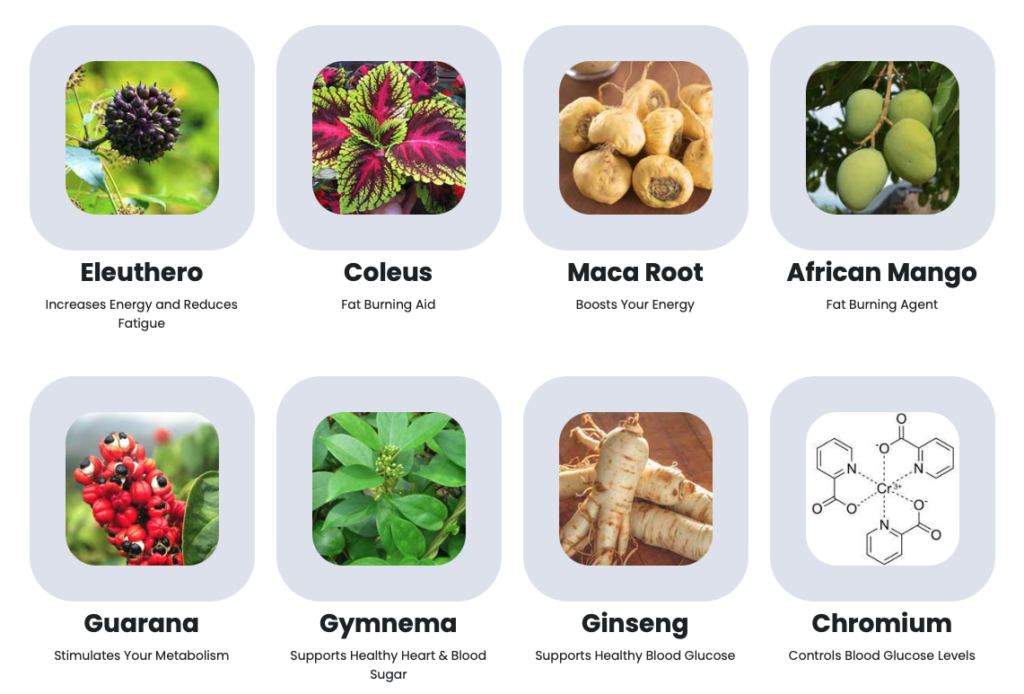Did you know that more than 34 million people in the United States have diabetes, and around 90–95% of them have type 2 diabetes? Managing blood sugar levels is crucial for individuals with diabetes to prevent complications and maintain overall health.
Fortunately, there are natural supplements that can help lower blood sugar levels. Vitamins and minerals play a vital role in diabetes management, and certain supplements have shown promising effects in controlling blood sugar. In this article, I will discuss some of the top choices when it comes to vitamins for diabetes management and natural supplements for blood sugar control.

Key Takeaways:
- Certain supplements may help lower blood sugar levels in individuals with type 2 diabetes.
- Vitamins and minerals can improve insulin sensitivity, increase insulin secretion, reduce inflammation, and enhance sugar uptake from the blood into cells.
- Consult with a healthcare professional before adding any new supplement to your routine for personalized guidance.
- Supplements should be used in conjunction with a healthy diet, regular physical activity, and any prescribed medications.
- Regular monitoring of blood sugar levels is essential to track the impact of supplements and make necessary adjustments to the treatment plan.
Cinnamon
Cinnamon supplements have been shown to have potential benefits in lowering blood sugar levels and improving diabetes control. The active compounds present in cinnamon help the body’s cells respond better to insulin, allowing for improved sugar uptake and lower blood sugar levels.
However, it is important to be cautious when using cinnamon supplements, particularly those made from the Cassia variety. Cassia cinnamon contains a compound called coumarin, which in high amounts can be harmful to the liver. Therefore, it is advisable to opt for Ceylon cinnamon supplements, which have lower coumarin content.
Adding a sprinkle of cinnamon to your meals or incorporating cinnamon supplements into your daily routine may aid in managing blood sugar levels and improving diabetes control. It is important to consult with your healthcare professional before starting any new supplement regimen to ensure safety and effectiveness.
“Cinnamon has shown promise in helping to lower blood sugar levels and improve diabetes control. However, it is crucial to choose the right type of cinnamon and use supplements with caution to avoid potential side effects.”


American Ginseng
American ginseng is a botanical herb that has shown potential in lowering post-meal blood sugar levels and improving insulin secretion in individuals with type 2 diabetes and even those who are healthy. Studies have demonstrated its ability to effectively regulate blood sugar levels, making it a valuable natural supplement for managing diabetes.

Research has suggested that American ginseng can effectively decrease post-meal blood sugar spikes, reducing the risk of hyperglycemia (high blood sugar) and promoting better glucose management. By helping to regulate blood sugar levels, this herb may contribute to improved overall diabetes management.
Additionally, American ginseng has been found to enhance insulin secretion, aiding the body’s ability to utilize glucose effectively. This improvement in insulin function can have a positive impact on blood sugar control and may help individuals maintain stable levels throughout the day.
Although American ginseng has shown promising results in managing blood sugar levels, it is important to exercise caution when combining this supplement with blood thinners or immunosuppressant drugs. There is a possibility of potential interactions that may affect the effectiveness of these medications. As with any supplement, it is advisable to consult with a healthcare professional before incorporating American ginseng into your routine.
Incorporating American ginseng into your diabetes management plan may provide additional support in lowering post-meal blood sugar levels and improving overall blood sugar control. However, it should not replace lifestyle modifications, including a healthy diet, regular exercise, and prescribed medications.
Next, let’s explore the benefits of probiotics in managing blood sugar levels and reducing inflammation.
Probiotics
Probiotic supplements, which contain beneficial bacteria, have shown potential in helping to decrease blood sugar levels and reduce inflammation. These supplements work by promoting a healthy balance of gut bacteria, which plays a crucial role in various aspects of health, including blood sugar management and immune function.
Studies have suggested that probiotic supplements may have a positive impact on blood sugar control by:
- Reducing insulin resistance: Probiotics can enhance insulin sensitivity, allowing cells to effectively utilize glucose and decrease blood sugar levels.
- Boosting insulin secretion: Certain strains of probiotics may stimulate the production and release of insulin, helping to regulate blood sugar.
- Reducing inflammation: Chronic inflammation is associated with insulin resistance and impaired blood sugar control. Probiotics can help decrease inflammation in the body, promoting better blood sugar management.
Animal studies have shown promising results regarding the potential benefits of probiotics in reducing blood sugar levels and improving insulin sensitivity.
However, it’s important to note that the efficacy of probiotic supplements may vary depending on the individual and the specific strains and dosage used. It’s always advisable to consult with a healthcare professional before starting any new supplement regimen, especially if you have any underlying health conditions or are taking medications.

Recent studies from Harvard have discovered a specific plant that targets the root cause of Type 2 Diabetes.
These studies refer to ‘zombie cells’ that accumulate around the pancreas and cause the disease.
What plant do you think is most effective at eliminating these zombie cells, eradicating diabetes from the body permanently?
I just discovered a secret video revealing a tiny plant that can lower your blood pressure in 30 days or less. I want to share it here with you, so don’t miss out — click now to unlock the life-changing secret!
The Role of Gut Health
Probiotics work by supporting a healthy gut environment, which is essential for overall well-being. The gut microbiota, which consists of trillions of microorganisms, plays a vital role in digestion, nutrient absorption, and immune function.
When the balance of gut bacteria is disrupted, it can lead to various health issues, including impaired blood sugar control. Research has shown that individuals with type 2 diabetes often have an altered gut microbiota composition.
By replenishing beneficial bacteria through probiotic supplementation, it’s believed that the microbial balance in the gut can be restored, potentially benefiting blood sugar regulation and reducing inflammation.
It’s important to choose probiotic supplements that contain clinically studied strains, and always follow the recommended dosage instructions provided by the manufacturer.
Shopping for Probiotic Supplements
When selecting probiotic supplements, consider the following:
- Strain diversity: Look for supplements that contain a variety of probiotic strains, as each strain may provide different benefits.
- Colony forming units (CFUs): CFUs indicate the quantity of viable bacteria in the supplement. Higher CFU counts may be more effective, but consult with a healthcare professional for appropriate dosages.
- Third-party testing: Choose supplements that undergo third-party testing to ensure quality and purity.
- Storage requirements: Some probiotics require refrigeration to maintain potency, so follow the specific storage instructions provided by the manufacturer.

I’ve Stumbled Upon This Secret video that reveals everything about this new FDA certified formula! 🌿
Yes, you read that right. I found this secret video that unveils a small, yet powerful plant capable of lowering your blood pressure naturally — and I couldn’t keep this discovery to myself. Imagine, a natural solution to your health concerns, without the side effects of conventional treatments, hidden in plain sight until now.
Why did I decide to share this with you? Because, like me, you’re probably tired of the endless cycle of temporary fixes and mainstream health advice that leads nowhere. This is about more than just lowering blood pressure; it’s about transforming your life, losing weight naturally, and changing your life forever.
This Is Your Wake-Up Call! Your health can’t wait, and neither should you. I’m offering you the key to a door that leads to a healthier, revitalized future, but it’s up to you to turn that key. This video is a ticking time bomb of valuable information, and it could be taken down at any moment.
👉 Click Here NOW to Discover the Plant That’s Revolutionizing Health.
Take it from someone who’s witnessed the power of this miraculous discovery firsthand. Your path to a healthier you is just one click away. Don’t let this opportunity slip through your fingers. Act now, because your health isn’t just important — it’s everything.
Remember to discuss the use of probiotic supplements with your healthcare provider before adding them to your routine, especially if you have any underlying health conditions or are taking medications. They can provide personalized advice based on your individual needs and help you make an informed decision.

Conclusion
When it comes to managing blood sugar levels, dietary supplements can play a supportive role alongside a healthy lifestyle and prescribed medications. Vitamins such as cinnamon, American ginseng, probiotics, aloe vera, berberine, vitamin D, gymnema, magnesium, alpha-lipoic acid, and chromium have been found to have potential benefits in maintaining optimal blood sugar.
However, it is important to approach supplementation with caution and seek guidance from a healthcare professional. They can help determine the right supplements and dosages that align with your individual factors and medications. Remember that supplements should not replace a balanced diet, regular exercise, or prescribed medications for diabetes management.
Regular monitoring of blood sugar levels is crucial to assess the impact of supplements and make any necessary adjustments to your treatment plan. With proper guidance and monitoring, dietary supplements can be a valuable addition to your overall approach to maintaining healthy blood sugar levels.
FAQ
Are there any vitamins or supplements that can help lower blood sugar?
Yes, certain supplements such as cinnamon, American ginseng, probiotics, aloe vera, berberine, vitamin D, gymnema, magnesium, alpha-lipoic acid, and chromium may help lower blood sugar levels in individuals with type 2 diabetes.
How does cinnamon help lower blood sugar levels?
Cinnamon helps the body’s cells respond better to insulin, allowing sugar to enter the cells and lower blood sugar levels. However, caution should be taken when using cinnamon supplements, as the Cassia variety may contain a compound called coumarin, which can be harmful to the liver in high amounts.
What are the potential benefits of American ginseng for blood sugar control?
American ginseng has been found to decrease post-meal blood sugar levels in both healthy individuals and those with type 2 diabetes. It may also improve insulin secretion, enhancing the body’s ability to regulate blood sugar. However, caution should be exercised when combining American ginseng with blood thinners or immunosuppressant drugs, as it may interfere with their effectiveness.
Can probiotic supplements help lower blood sugar levels?
Probiotic supplements, which contain beneficial bacteria, may help decrease blood sugar levels by reducing inflammation and preventing the destruction of pancreatic cells that produce insulin. However, individuals with significantly impaired immune systems should exercise caution due to the potential risk of infections.
Can these supplements be used as standalone treatments for diabetes?
While these supplements may have potential benefits in lowering blood sugar levels, they should not be used as standalone treatments for diabetes. It’s crucial to consult with a healthcare professional before starting any new supplement regimen and to use them in conjunction with a healthy diet, regular physical activity, and any prescribed medications. Regular monitoring of blood sugar levels is essential to track the impact of supplements and make necessary adjustments to the treatment plan.
Disclaimer: This post contains affiliate links. If you click on these links and make a purchase, I may receive a commission at no additional cost to you. These affiliate partnerships help support my work and allow me to continue bringing you valuable content. Thank you for your support!



